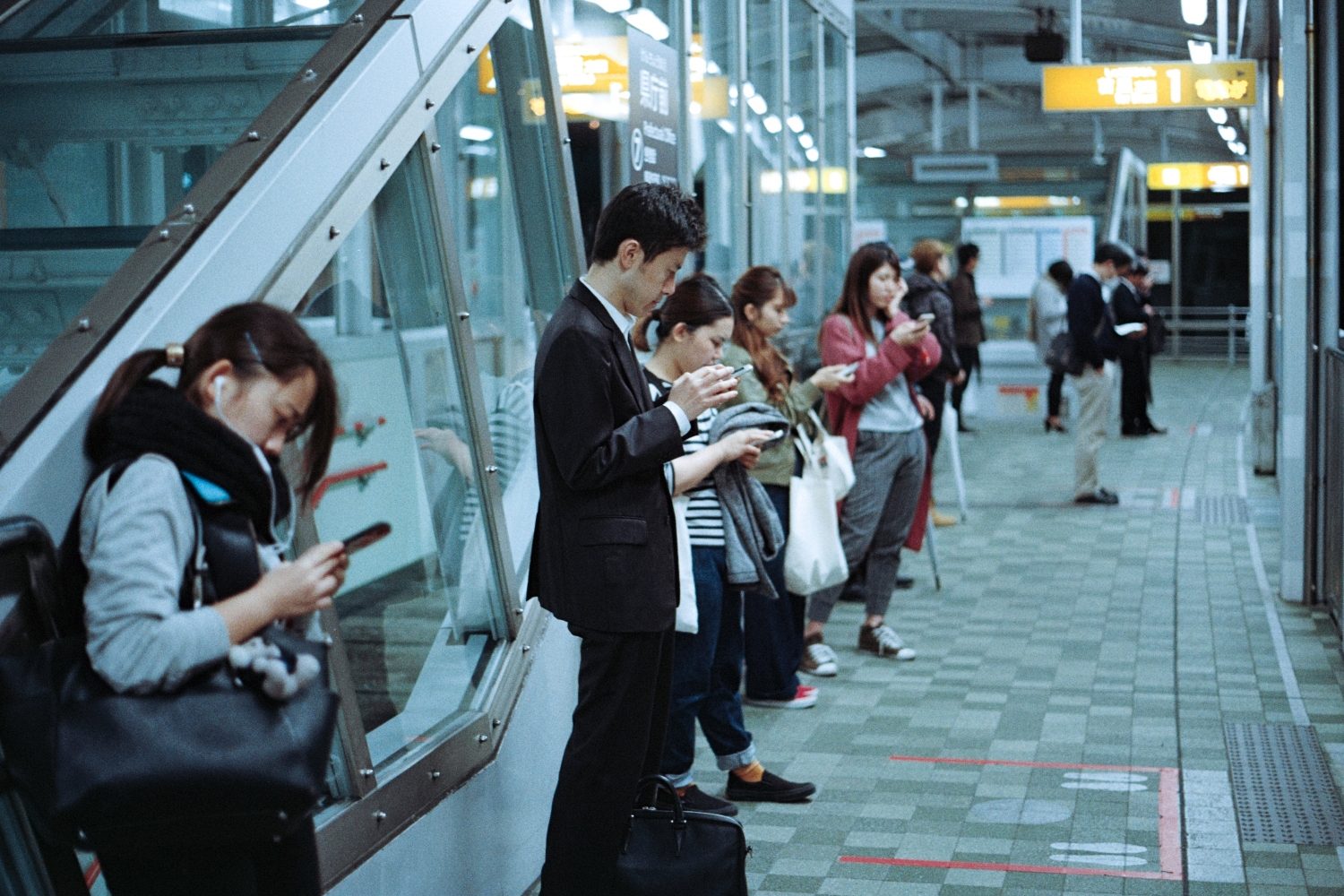

A number of years ago, Forbes Magazine celebrated 75 years as a publication. They issued a special edition that you would have thought would highlight all the big business news stories that had taken place over the previous 75 years. Ironically, they titled this special edition “Why We Feel So Bad When We Have It So Good.” The entire publication was a series of essays by philosophers, journalists, and social scientists. They analyzed the mood of America and why people did not feel good about themselves and their future, even though they lived in such great prosperity.
The social sciences readily admit that since World War II the prosperity of our nation has soared. However, the mental, emotional, psychological, and spiritual condition of our people has plummeted, and our so-called experts are having a difficult time explaining – why?
Logically, you would think just the opposite would have taken place, but clearly it has not.
Dr. Richard Swenson provides some really good insight into this in his wonderful book; Margin. He points to the issue of modern progress which everyone believes is so wonderful. However, he points out that progress’s biggest failure has been its inability to nurture and protect human relationships.
When we think of progress we think of it in terms of economics, education, and technology. However, no one seems to ask how this impacts our relational lives, whether it be my relationships with others or my relationship to God. As Swenson puts it,
“None of the tools of progress has helped build the relational foundation our society requires.”
I recently learned that you can deposit a check into the bank using your smartphone. Amazing! No more trips to the bank. I can literally make a deposit from anywhere, anytime. But think about it. I have developed a pleasant relationship with the branch manager and tellers at my bank. Because of this progress, I can, in essence, never interact with them again. Or them with me.
Modern commentators are always quick to point out how much better off we are. This is true if all that we are talking about concerns finance, transportation, communication, technology or education. Yet people have relational needs that are much more important to our overall well-being. What has happened is that all the focus is on the material and cognitive, and yet our relational lives suffer greatly from neglect.
Swenson then makes a great observation. He says most of our progress is made in two areas:
The Physical environment – Wealth, technology and health. This is the material world.
The Cognitive environment – Knowledge, information, education. This is the intellectual world.
I would add to this the entertainment environment, with all the ways we can divert the mind and in the process, waste our lives.
However, Swenson points out that we experience all of our pain in three other environments, where progress is not offering any help.
The Social environment – Family, friends, neighbors, church – the societal world.
The Emotional environment – Feelings, attitudes – the psychological world.
The Spiritual environment – The eternal and transcendent – the spiritual world.
Clearly, progress is found within the material and cognitive environment, but the pain we suffer is found within the social, emotional, and spiritual components of life.
Swenson draws this conclusion:
“The material and cognitive environments are unquestionably important. They also have an advantage in that they are more visible and thus more highly pursued. Scripture teaches us, however that the social, emotional, and spiritual environments are more important. A crucial task for our society today is to reverse the order of emphasis and visibility of these environments.”
The problem is that I do not see many people calling for this reversal of priorities. Until we do, we will continue to be perplexed over the fact that outwardly, life gets better, yet inwardly people continue to feel worse.
Richard E Simmons III is the founder and Executive Director of The Center for Executive Leadership and a best-selling author.
Add grace and understanding to your day with words from Richard E. Simmons III in your inbox. Sign-up for weekly email with the latest blog post, podcast, and quote.

Bulk discounts for 25 or more books! Call 205-789-3471 for prices.
For local orders in the Birmingham, AL area, enter Promo Code LOCAL at checkout to save shipping. We will email you when your order is ready for pickup.